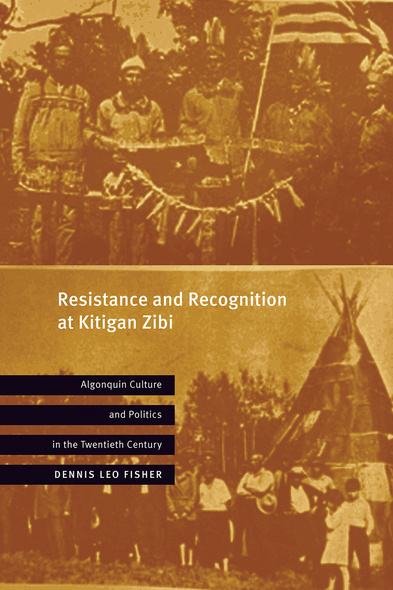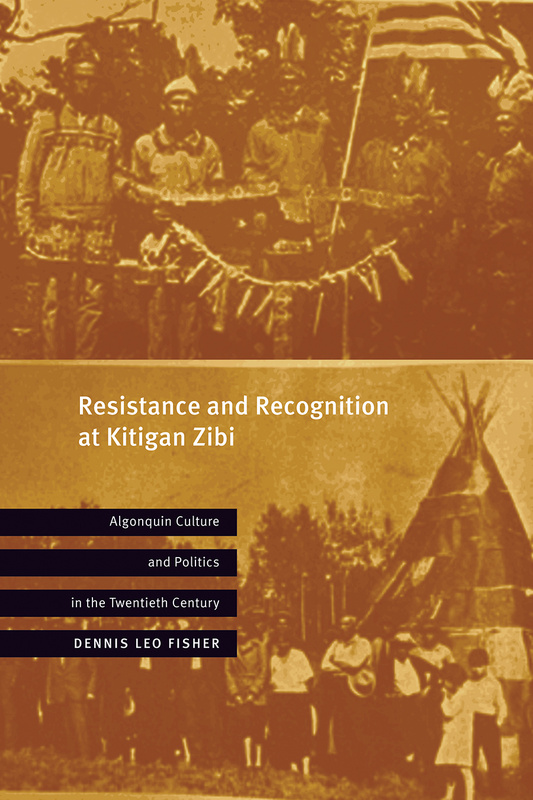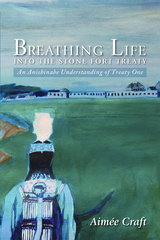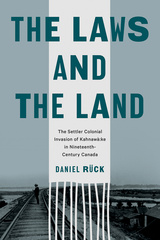
Resistance and Recognition at Kitigan Zibi
Algonquin Culture and Politics in the Twentieth Century
Kitigan Zibi is the largest and oldest Algonquin reserve in Canada. This local history sheds light on the larger experience of the Algonquin First Nations whose traditional lands span the Ottawa River watershed and cross contemporary boundaries.
Drawing on archival sources and interviews with community members, Resistance and Recognition at Kitigan Zibi explores the relationship between culture and politics on the reserve during the twentieth century. Despite the disruptions associated with settler colonialism, the Algonquin maintained a distinct cultural identity and waged a multifaceted struggle against assimilation and economic marginalization. Modern First Nations political activism in eastern Canada reaches back to First World War, when veterans and local leaders were among the first to articulate the language of Indigenous rights we know today. That struggle has played out in political spaces including border-crossing celebrations, grand councils, and courtrooms, and informed strategic labour choices, interactions with provincial game wardens, and protests against the Catholic Church.
Resistance and Recognition at Kitigan Zibi convincingly demonstrates that the contest for recognition of treaty rights and traditional lands has been longer, broader, and deeper than previously understood.
This ardent, informative study will appeal to scholars and students of Indigenous studies, history, anthropology, and politics, as well as to a broad general readership that includes members of Algonquin, Anishinaabe, and other Indigenous communities.
There is precious little written about the Algonquin at Kitigan Zibi, making Dennis Fisher’s engaging book all the more important and significant. A must-read text that will be widely cited, this work challenges and expands notions of what constitutes Indigenous political history.
Dennis Leo Fisher is an assistant professor of Indigenous studies at Bemidji State University, Minnesota. He is a descendant of Algonquin and Nipissing Anishinàbeg from Quebec. He was taught by his late mentor, Stan Dumont Whiteduck, and by Elders at Kitigan Zibi, the largest and oldest Algonquin reserve in Canada. His publications have appeared in the Journal of South Texas and the American Indian Quarterly.
Positionality
Introduction
1 Race, Land Loss, and Economic Marginalization
2 Strategies of Economic and Extra-Legal Resistance
3 Political Resistance to Land Loss and Economic Marginalization
4 Algonquin and Oblate Catholicisms
5 Algonquin Culture during the Twentieth Century
Conclusion
Notes; Bibliography; Index









